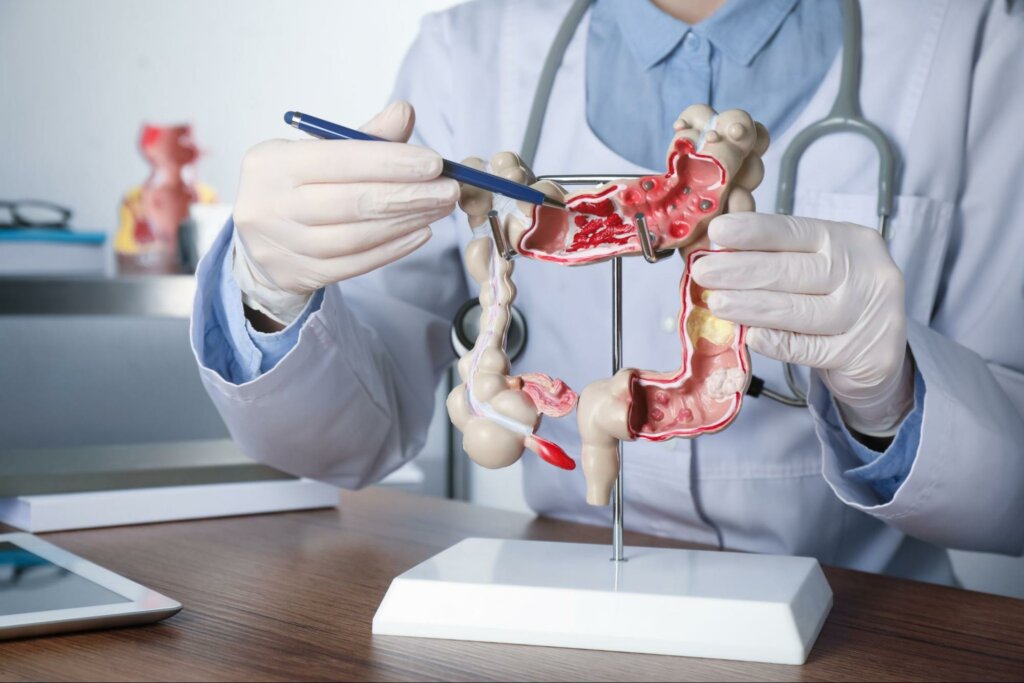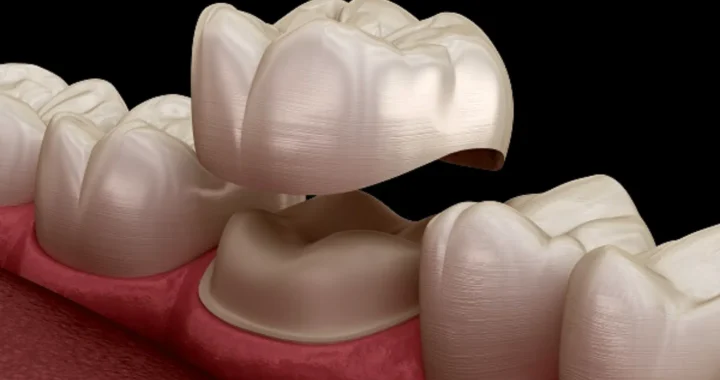What to Expect During Your First Visit to a Gastroenterologist

You wake up one morning and it hits you – sharp, wrenching katy abdominal pain. It’s different, it’s persistent, and it’s worrying. You struggle through the day, the discomfort gnawing at you until you decide it’s time to consult a professional – a Gastroenterologist. But what should you expect? Does the thought of this initial visit fill you with a sense of dread? Let’s demystify this journey together, plunging into the world of Gastroenterology, where we’ll explore what to anticipate during your first appointment. This is about you – your fears, your pain, your journey towards healing. Whether you’re bracing for an uncomfortable procedure or simply anxious about the unknown, you’re not alone. I’m here to guide you. Let’s begin.
Preparing for Your Visit
First things first – don’t panic. The gut is a complicated system and your Gastroenterologist is trained to navigate its twists and turns. Before the visit, jot down your symptoms, even those you think might be unrelated. Remember – no detail is too small.
Are you taking any medications, supplements, or vitamins? Make a list. Often, these can interact with your digestive system. Also, try to recall any recent travels or any family history of gastrointestinal diseases.
The Initial Consultation – No White Coats Here
Your first encounter is usually a simple chat – no white coats, no cold stethoscopes. Just you and the doctor in a conversation about you. You’ll discuss your symptoms, lifestyle, and medical history. This is your chance to voice your concerns and ask your questions. It’s a safe space.
The Physical Examination – It’s More Than Just a Tummy Touch
After the chat, if necessary, your doctor might need to conduct a physical exam. This could include checking your abdomen, listening to your bowel sounds, or a rectal examination. It might be uncomfortable, but it’s crucial for your diagnosis and it’s over before you know it.
Tests – The Detective Work Begins
If your doctor needs more information, they may order tests. These could include blood tests, stool tests, or imaging studies. In some cases, they might recommend an endoscopy or a colonoscopy. These tests help to paint a clearer picture of what’s happening inside.
The Follow-up – Your Personalized Roadmap to Recovery
Once your doctor has all the information, they’ll map out a treatment plan tailored to you. This could include medication, lifestyle changes, or in some cases, surgery. It’s a journey you’ll embark on together, with regular follow-ups to track your progress.
Visiting a Gastroenterologist for the first time can seem daunting, but it doesn’t have to be. It’s a vital step on your road to recovery. Remember, you’re not alone on this journey. Trust in your doctor and don’t hesitate to reach out if you feel unsure about anything. Pain is a signal that something’s wrong. Don’t ignore it. Listen to your body. You’ve got this.


 How To Report UTPs On Your Financial Statements
How To Report UTPs On Your Financial Statements  What is a Foley Catheter Used For?
What is a Foley Catheter Used For?  The Importance of Annual Health Check-ups for Men
The Importance of Annual Health Check-ups for Men  Perks of Omega 3 Supplements for Fluid Retention
Perks of Omega 3 Supplements for Fluid Retention  Innovations in Health Screenings: Exploring the Latest Technologies in Clinic Services
Innovations in Health Screenings: Exploring the Latest Technologies in Clinic Services  Dental Crowns –Restoring Strength, Function, And Aesthetics.
Dental Crowns –Restoring Strength, Function, And Aesthetics.